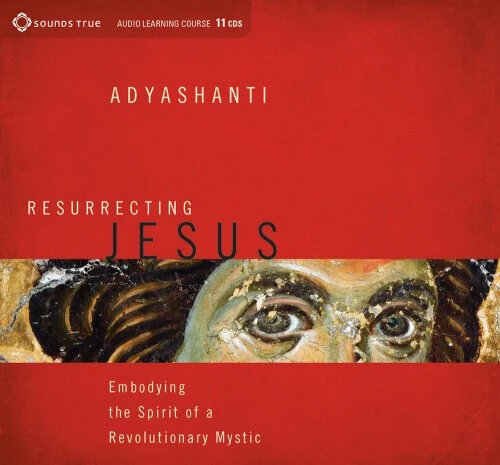
“If Jesus Were Alive Today” by Adyashanti — from 'Resurrecting Jesus: Embodying the Spirit of a Revolutionary Mystic' (EXCERPT)
I often wonder what would it be like if Jesus were alive today. Imagine Jesus—who wasn’t a Christian, after all, but a Jew—entering a church today, going up to the pulpit and giving a sermon. Can you imagine how challenging that would be for the congregation? Can you imagine how uniquely different that sermon would be from what many of us received in church?
BE A SUPPORTER OF ADYA’S WORK

“An Argument for Christian Universalism: Why I Don't Believe in an Eternal Hell” by Justin Aptaker
I grew up in an evangelical Christian environment. Over the years, I developed a deep-seated terror of the idea of an eternal hell. Because of this, I eventually suffered a devastating mental breakdown centered around thoughts of my own damnation, and this finally drove me to find new beliefs I had never even anticipated. Today…
SUPPORT THE WORK OF JUSTIN APTAKER

"A Reply To Richard Rohr On The Cosmic Christ" by Ilia Delio
Richard Rohr is one of the great vernacular theologians of our age. He has the gift of taking complex theological ideas and translating the core insights into the language of the people. In doing so, he has helped thousands of people around the globe come to a new appreciation of the mystery of God and the need for renewed spirituality today.
In his newest work, Richard takes up the mystery of the cosmic Christ and, as a Franciscan, does so with passion. The notion that Christ is the firstborn of creation, the head of the whole shebang from the beginning, was supplanted in the early Church by the emphasis on sin and salvation. St. Augustine, in particular, felt the need to formulate a doctrine of original sin in order to highlight the saving grace of God. By the eleventh century, the need to explain the damage due to the sin of Adam and Eve became the principal reason for Jesus Christ. If Adam had not sinned, Christ would not have come. No sin, no Jesus. The reason for the Incarnation (God assuming flesh), therefore, found merit in sinful humanity, rendering generations of people focused on their faults and failings. Salvation through Christ meant being rescued from a fallen world.
BE A SUPPORTER OF ILIA’S WORK

